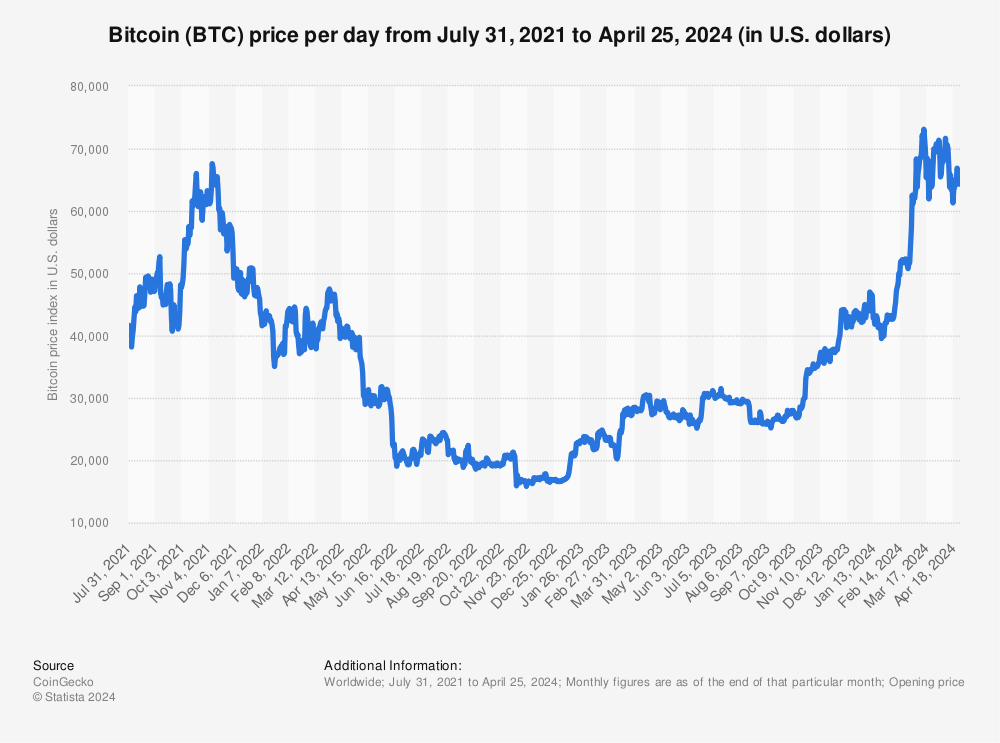Once in the coveted list of the top 10 wealthiest nations, Argentina is on the brink of an economic collapse again. I won’t dig the history or theories behind it, though. Instead, we will take a look at how Decentralized Finance (DeFi) is helping few smart Argentinians.
Let’s dive deep to know this better.
What is Decentralized Finance (DeFi)?
Decentralized Finance or DeFi is a financial system designed by the people working for the people.
Blockchain technology is the backbone of Defi.
Some people associate blockchain with just bitcoin. Because, after all, Blockchain powers bitcoin transactions. However, sticking to only this concept belittles vast applications of blockchain.
As blockchain on its own is much more than that. Its immutability and transparency make it the most efficient database management system to date.
Coming back to Defi, it eliminates the middlemen. What is the need, you may ask?
Governments and powerful people own traditional financial institutions. A common man is never in the decision-making process.
Policies and laws are slapped on to us. And we are bound to follow them without having a say in it.
DeFi changes all that. It gives the power back to you.
For instance, it permits you to send money to someone in the opposite corner of the globe without a bank account. With just an internet connection, you can transact limitless.
No ID verification. No approval process. No Middlemen.
Bitcoin and other cryptocurrencies are a part of decentralized finance.
With DeFi, you can buy, sell, lend, borrow, trade, and basically do anything that you do with a typical fiat currency. It is based on digital coins. And, governing policies are framed by people like us.
Everything is run by a few lines of code, publicly available for scrutiny.
Human error or bias is absent.
Click this link if you don't see any video just below this line.
Inflation
Economists peg a 2% inflation or less as ideal.
Argentina, on the contrary, was having close to 40% inflation in 2020.
A 40% inflation entails a 40% reduction in purchasing power.
In simple words, a piece of bread costing 10$ the previous year will now be priced at 14$.
A 4$ difference might not seem much. But apply this everywhere: housing, transportation, education, healthcare, etc, and you will get the bigger picture.
Eventually, you have to earn 40% more than what you were making the previous year to maintain a similar lifestyle.
Ergo, Inflation indirectly devalues your bank balance. And a commoner has no control over these matters.
But, DeFi acts as a buffer that saves your earnings in such tricky times.
Our governments keep printing fiat currencies. As a result, the value of a currency continuously declines, although gradually.
Evidently, nominal inflation is a primary requisite for a thriving economy. It drives growth and keeps demand high.
In contrast, deflation causes a slump in demand. Consequently, production lines get stale, and the economy goes downhill.
But more than a certain amount of inflation is not good either.
Unlike fiat currencies, digital currencies like bitcoin are limited in number. For instance, there can be only 21 million bitcoins.
So, they doesn’t depreciate over time.
While there are factors that can devalue a cryptocurrency, inflation isn’t one of them.
Cryptocurrencies fall only when there are no takers.
In simple terms, only a sell-off brings a limited supply of digital currency down, not inflation or anything else.
But the cryptocurrencies are volatile. An Elon musk tweet can sway the prices like mad.

So, what’s the answer? Stablecoins.
Because they don’t lose or jump in value like that. They are stable.
Decentralized Finance against Inflation
Since digital currencies are inflation-proof, you can hold your earnings in such coins.
You can convert your wealth by purchasing stablecoins.
And because the value remains almost constant, your wealth doesn’t erode by any country-specific conditions.
Like in the case of Argentina, you are lucky if you happen to receive your salary in stablecoins.
Some people are having this luxury, like this gentleman:
Click this link if you don't see any video just below this line.
So this gentleman gets his income in Dai (a stablecoin). He spends and saves in Dai. And, he converts it to Argentine Peso whenever required.
This may sound easy, but it isn’t. Since the ecosystem yet runs majorly on fiat currencies. As a result, you may have to pay an exchange fee whenever you buy anything in normal printed currency.
Nevertheless, it’s a start to something very special.
This can be materialized in totality once stablecoins start getting wider acceptance.
Way Forward
You may wonder if DeFi is so good, what’s stopping us.
The thing is, blockchain is yet to pass the test of time. It still sits in a nascent stage.
Recent Hacks in the crypto world have exposed some of its vulnerabilities.
While you can hold a bank accountable for the stolen money, in DeFi, there is no such thing.
Once hacked, you can lose your money for good.
Complete recoveries are rare. Even partial ones are not guaranteed.
So, it has its own set of drawbacks.
But the developers are trying to find all possible bugs in the system. It’s getting more secure by the day.
And it’s bound to take some time. As the first realistic application of blockchain, bitcoin, is just 12 years old.
Decentralization is welcome. However, some sort of policing is essential.
Yet DeFi, even being at its teenage, has definite potential to change how we earn, save and transact.
To put it briefly, governments and financial institutions can’t take us for granted anymore.
For they now have a competitor, a very strong one indeed.
